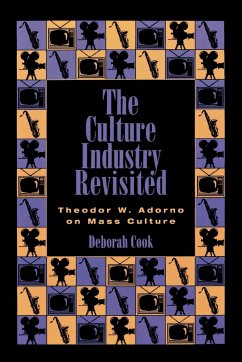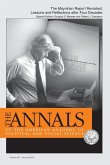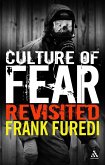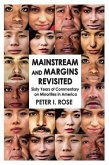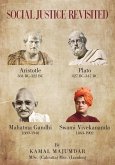As the culture wars continue to dominate newspaper headlines and conference panels, much of the debate revolves around the value of and values in popular culture. Many opponents of popular culture have cited Theodor W. Adorno, one of the leading figures of the Frankfurt School of critical theorists. Adorno is understood to have viewed mass culture as completely commodified-that is, produced only to be sold on the market and without aesthetic value. In this compelling book, Deborah Cook critically examines this view and argues persuasively that even Adorno's "pessimistic" theory leaves room for resistance to the culture industry. Beginning with an exploration of the theoretical background for Adorno's work, Cook then examines Adorno's conception and criticism of mass culture and its consumption, and his views about art and its relation to mass culture. The first book-length treatment in English of Adorno's work on popular culture, The Culture Industry Revisited provides new readers of Adorno with an understanding of his theory and an overview of his more important critics. Those more familiar with Adorno will find important discussion of some of the more controversial ideas in his work. The book will be of interest to scholars and upper-level students of philosophy, sociology, literature, communications, and cultural studies.
Hinweis: Dieser Artikel kann nur an eine deutsche Lieferadresse ausgeliefert werden.
Hinweis: Dieser Artikel kann nur an eine deutsche Lieferadresse ausgeliefert werden.

